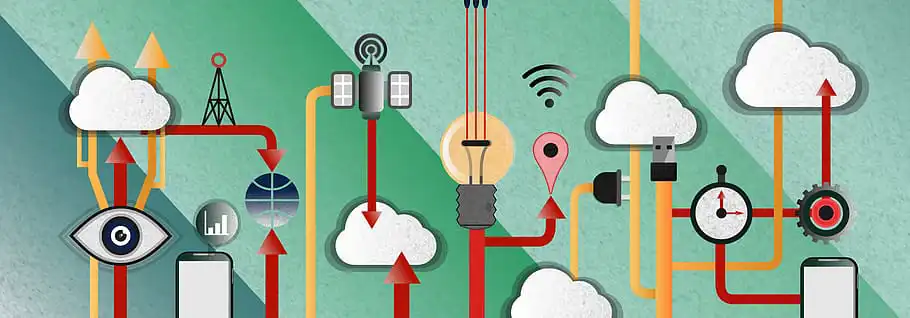The Function of Proteins in Cellular Development
Organisms are complex systems made up of a myriad of cells, each with its unique form and function. Proteins play a vital role in the development and differentiation of these cells. They act like building blocks, influencing the transformation of cells from a singular, undifferentiated state to a differentiated state where each cell has a specific function.
This differentiation process is guided by various biological pathways, one of the most significant being the Notch signaling pathway. The Notch pathway plays a significant role in cellular communication, an essential factor in the cellular development process.

Moreover, proteins ensure that this process is kept in check by playing a hand in deciding when a cell should develop, and what type of cell it should become. This task is monumental, as it involves the coordination of a series of cellular divisions until the correct number and type of cells are formed.
The Notch Signaling Pathway
The Notch signaling pathway is named after a notched-wing phenotype of fruit flies, where the pathway was first identified. This pathway is evolutionarily conserved, meaning it can be found in a wide variety of organisms, indicating its significant role in cellular development.
Notch proteins behave as receptors on the surface of a cell. They capture and interpret messages from neighboring cells, allowing the receiving cell to respond accordingly. This communication is essential in coordinating the functions of different cells in a multicellular organism.
In the Notch signaling pathway, the receptor on one cell binds to a type of protein called a ligand on a neighboring cell. This interaction triggers a series of reactions that ultimately affect the behavior of the receiving cell.
While the Notch signaling pathway is a fundamental process, it needs to function correctly to avoid developmental abnormalities. Disruptions lead to various problems, including cardiovascular diseases, neurological disorders, and even cancer.
Role of Notch in Embryonic Development
The Notch signaling pathway is crucial in the early stages of embryonic development. This process is when a single fertilized egg cell proliferates and differentiates into all the different cell types making up a multicellular organism.
For example, during the growth of vertebrates, the Notch pathway is involved in the formation of the neural crest. These are a group of cells that eventually form the nervous system and various other organs in the organism.
The Notch pathway helps in maintaining a balanced rate of cellular growth. If the pathway were to be disrupted, this would result in an overproduction of cells, leading to severe developmental abnormalities.
This overseeing of cellular growth is one of the primary reasons why the Notch signaling pathway is considered crucial in embryonic development.
Understanding Notch in Cellular Differentiation
The role of the Notch signaling pathway extends well beyond embryonic development. It also plays a vital role in cellular differentiation, a process that occurs throughout an organism’s life.
Once cells have reached their pre-determined quantity, they need to specialize or differentiate. Differentiation refers to the process where cells take on unique characteristics to perform specific functions. This task is where the Notch signaling pathway steps in.
The Notch pathway determines what type of cell a particular cell should become, steering it towards a certain path of specialization. For instance, it may dictate whether a cell becomes a skin cell or a neuron.
This differentiation process is continuous, occurring every time a cell divides or when a tissue regenerates. Subsequently, Notch proteins have a role in maintaining healthy tissues and organs in an organism.
The Complex Nature of Proteins and Cellular Development
The relationship between proteins and cellular development provides a considerably complex network of interactions and pathways. It reflects the intricate design of life at a molecular level.
Scientists have made significant headway in understanding how proteins influence cell development, particularly through the Notch signaling pathway. However, much remains to be discovered about the myriad of other protein interactions that take place.
With advancements in technology and further research, humanity continually unravels the intricacies of cellular development. This pursuit of knowledge may potentially lead to novel therapies for treating various diseases and disorders related to cellular development.
Understanding the incredible complexity of cellular development and the role of proteins within this process is a continual journey of discovery. Despite its challenges, it stands as one of the most exciting frontiers in biological research.